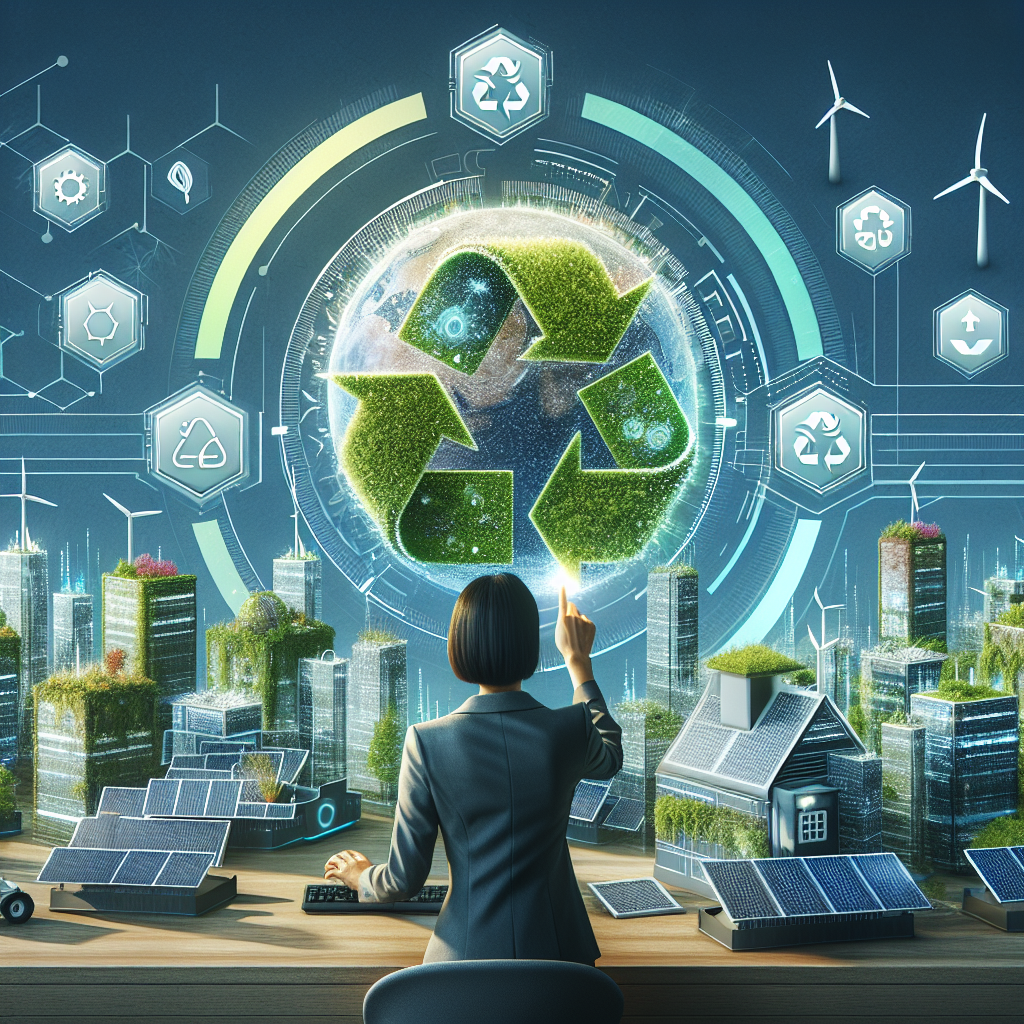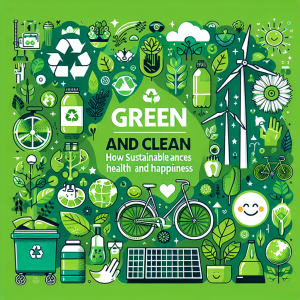Off-grid living is an intriguing lifestyle choice often clouded by misconceptions and idealizations. With the growing interest in sustainable living and the desire to reduce reliance on public utilities, understanding the myths and realities of off-grid living becomes crucial, particularly for those contemplating this lifestyle shift.
Off-Grid Living Myths
One prevalent myth is that off-grid living is synonymous with complete isolation from modern amenities. While it’s true that being off-grid involves disconnecting from public utilities such as electricity and water, it doesn’t mean you have to give up technology. Many off-gridders use solar panels, wind turbines, and other renewable energy sources to power their homes. Additionally, with the rise of internet satellite services, staying connected online is more accessible than ever.
Another common misconception is the belief that off-grid living is cheaper than living within the conventional system. While long-term savings on utility bills and reduced reliance on public services are possible, the initial setup can be costly. Installing solar panels, batteries, a reliable water source, and sewage systems entails a significant upfront investment. Moreover, maintenance costs can add up, demanding regular financial planning and resource allocation.
Many people also assume that off-grid living is only for environmentalists. Although environmentalism often motivates individuals to live off-grid, the lifestyle appeals to a broader audience seeking independence, self-sufficiency, and resilience. The benefits of living sustainably, from reducing carbon footprints to enjoying organic, home-grown food, resonate with a diverse population, including those who appreciate a simpler, less consumer-driven way of life.
Realities of Off-Grid Living
In terms of practicality, off-grid living requires a strong commitment and skillset. Day-to-day activities involve tasks that conventional living doesn’t require, like maintaining power systems and managing waste. Knowledge of plumbing, electrical work, and gardening can make a huge difference, reducing dependence on outside help and fostering a sense of accomplishment.
Living off-grid affords a unique sense of freedom from the constraints of urban living, but it also demands flexibility and adaptability. Off-gridders must prepare for power fluctuations, weather changes, and other unpredictable factors. Ensuring backup systems and developing problem-solving skills are vital in maintaining a stable environment.
Celebrities on social media have glamorized the off-grid lifestyle, often highlighting its appeal without addressing its challenges. In reality, off-grid living is hard work. Food cultivation, livestock care, and system maintenance require physical effort and time. For those used to convenience food or urban utilities, adjusting can be challenging, necessitating a resilient mindset and a willingness to learn continuously.
Community support plays an integral role in successfully living off-grid. Although the lifestyle can seem solitary, many off-gridders become part of networks that offer advice, resources, and emotional support. Online forums, workshops, and local meetups foster a sense of community, underscoring that while the homes may be solitary, the journey doesn’t have to be lonely.
The legal landscape for off-grid living varies significantly. Some areas embrace self-sustainable living, offering guidelines and support, while others enforce strict zoning laws and codes that challenge the off-grid setup. Understanding local regulations and acquiring necessary permits is foundational to avoiding legal complications and securing peace of mind in one’s off-grid endeavors.
Environmental impact remains a significant consideration. While off-grid living can reduce carbon footprints, it doesn’t automatically guarantee a smaller environmental impact. The manufacturing and disposal of solar panels, batteries, and other components still contribute to resource depletion and waste. Responsible sourcing and proper disposal of these products are essential to truly align with sustainability goals.
From a psychological standpoint, the reality of off-grid living involves countering social stereotypes and personal expectations. Romanticized ideas about harmony with nature are tempered by the struggles of self-reliance and the learning curve involved in mastering new skills. Mental resilience becomes an asset, helping individuals and families navigate the ups and downs of this distinctive way of life.
For those prepared to navigate the complexities of off-grid living, the lifestyle offers an opportunity to tailor one’s days to personal values, cultivating true autonomy and connection with the environment. It reinforces the values of sustainability and mindful consumption, making off-grid living not just a lifestyle choice, but a philosophical statement on the future of human habitation on our planet.
Therefore, while off-grid living offers numerous benefits, it is essential to approach it with an informed perspective. Understanding the myths and realities provides a clearer vision of what off-grid living truly entails, helping prospective off-gridders make informed decisions and prepare adequately for the journey ahead.




